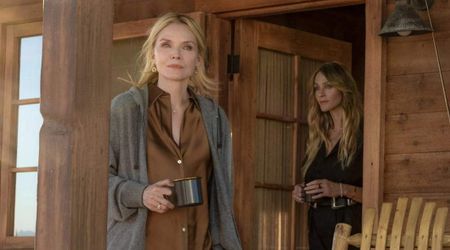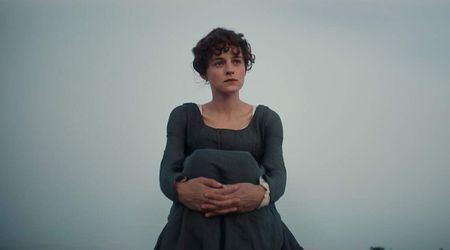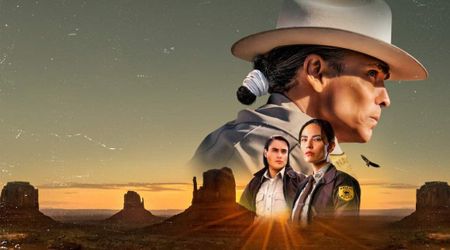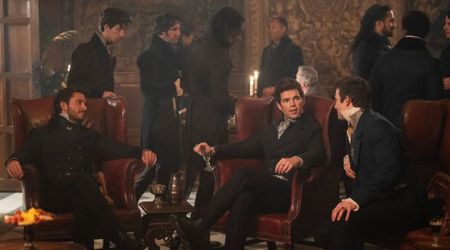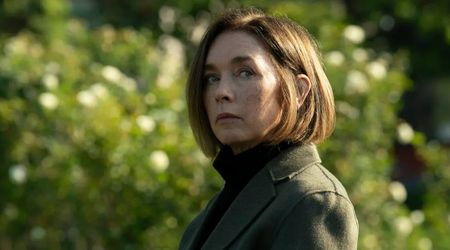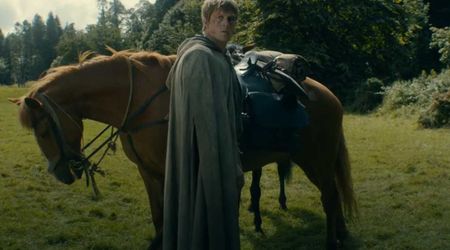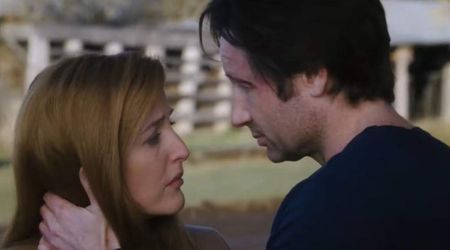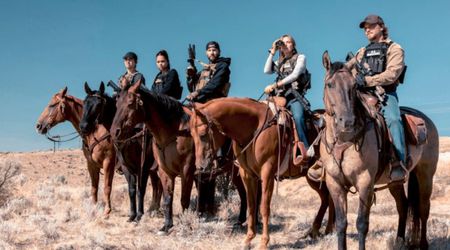'Becoming': Michelle Obama recalls how her roommate's mother felt her girl was in danger 'because I was black'

Former First Lady Michelle Obama and her husband, former President Barack Obama, made history when they entered the White House as the first black presidential couple in 2008.
Michelle's journey since then has been unprecedented, from a little-known wife of an Illinois senator to arguably one of the most popular people on the planet. Even years after her departure from the White House, Michelle continues to remain highly impressionable.
However, the former first lady, in her Netflix documentary 'Becoming', revealed that her life has not always been easy and was, in fact, riddled with racism every step of her social evolvement.
Childhood
Michelle grew up in a typical working-class community on the south side of Chicago. Her childhood entailed good music, good barbecue] and good times. She was respected and listened to in her family.
"Our dinner table was the first table where I felt like I belonged," she said. "And then you go out into the world expecting the same thing."
Michelle was a senior class treasurer in her high school and had high aspirations in life. She saw her brother going to Princeton University, and she wanted nothing less for herself. However, her guidance counselor thought otherwise.
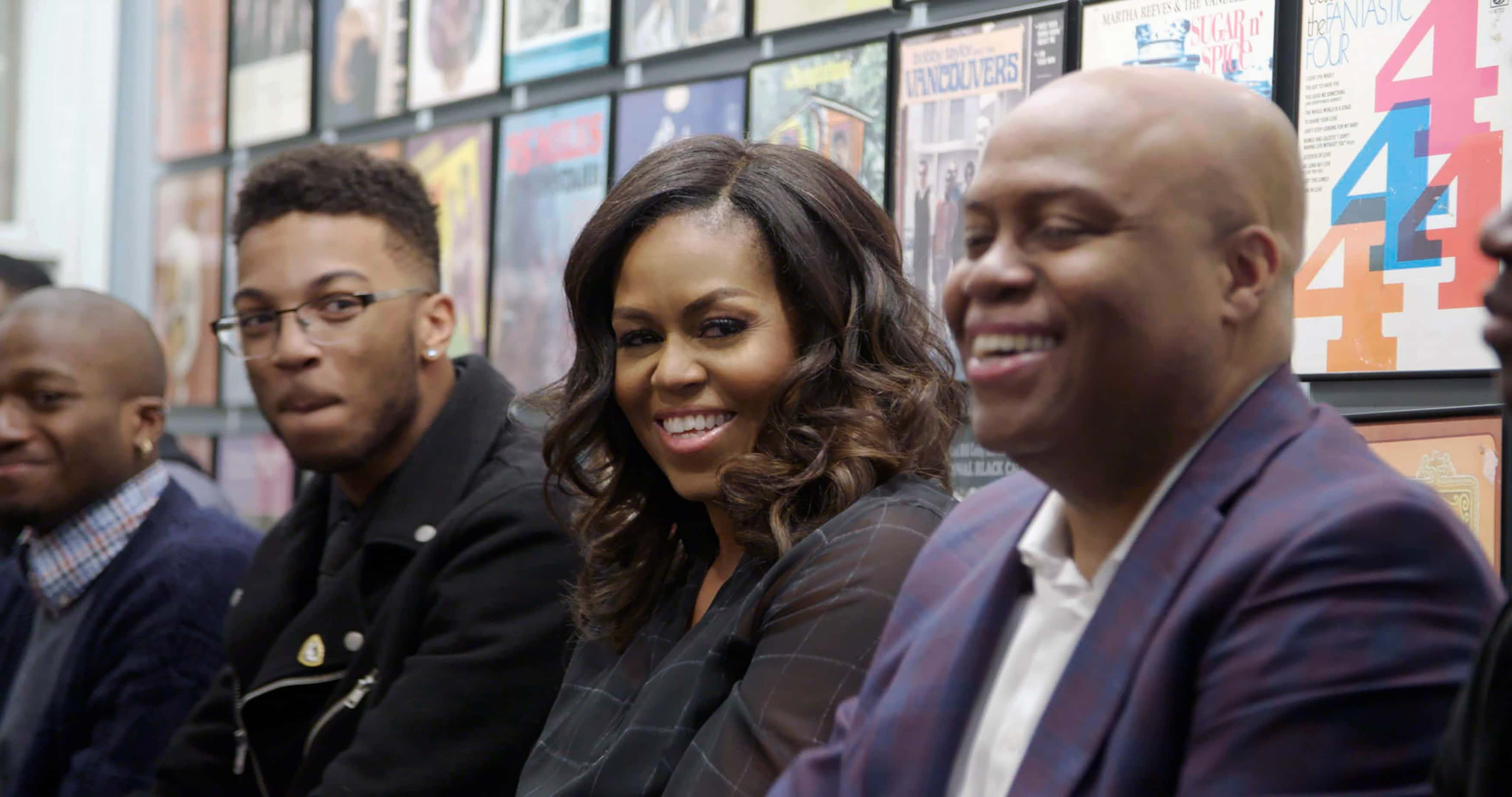
"She decided that my wish to go to Princeton was thinking too big, was reaching too high," Michelle revealed of her counselor. "She said 'I don't think you're Princeton material.'"
The former first lady said that her counselor's statement felt like a punch to her: "Well, she was wrong." The teen got accepted to Princeton and later to Harvard.
The former attorney said that she has high expectations from young people because it was the same expectation her family had of her growing up. She revealed her grandfather, Dandy, expected a lot from his grandchildren because he — being a man of color — was denied an opportunity to become someone in society.
Michelle recalled how her grandfather was a smart and perceptive man and could have been a doctor or a lawyer but society told him he did not deserve it.
She also talked about growing up in her Chicago South Side neighborhood and how white families made hers feel like they did not belong there.
"My family was — sadly to some — among those who did not belong [in their neighborhoods]," she said, recalling as the black families began moving into the neighborhood, the white ones started moving out.
College
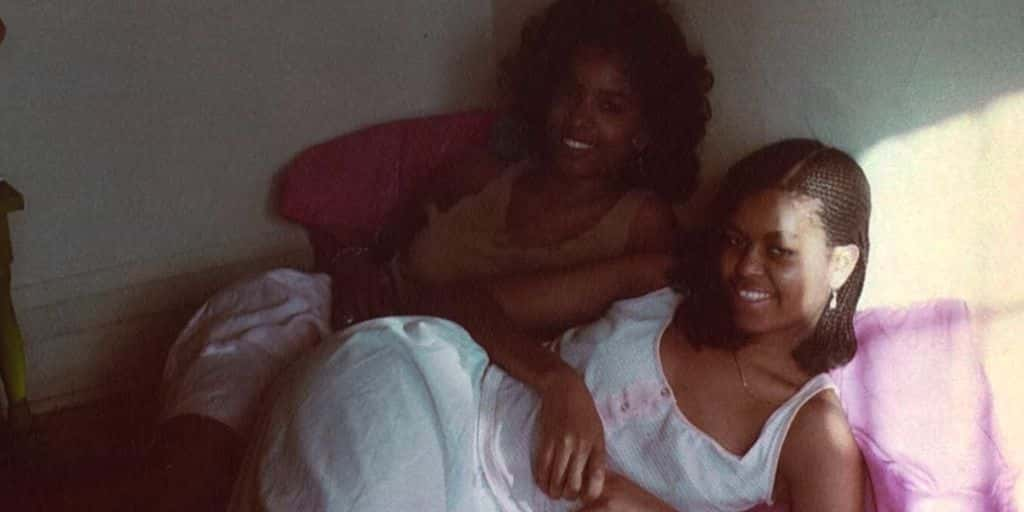
Despite the prejudices that come with being a black woman in the United States, Michelle was accepted to Princeton. "I was among the handful of minority students who got accepted to Princeton," she said.
However, her sense of accomplishment soon faded when she was faced with the harsh reality of living in America with rampant racism.
"One of my roommates moved out because her mother was horrified that I was black. She felt her daughter was in danger. I wasn't prepared for that," she revealed. "In hindsight, I think I needed to go to Princeton to see for myself what was all this that I wasn't good enough for."
Michelle also talked about the hypocrisy of affirmative action policies in American universities. "Universities have a right and an interest in diversifying. The problem is when it comes to students of color, or poor kids, all of a sudden that's 'affirmative action' and that's a problem," she said.
She added that marginalized students were made to believe they are lesser than. "I've been at probably every powerful table there is in the world: G-summits, castles, palaces, board rooms..."
"I'm coming down from the mountain top to tell every person that is poor and working-class and has been told regardless of the color of your skin that you don't belong, don't listen to them," she said. "They don't even know how they got at those seats."
First Lady
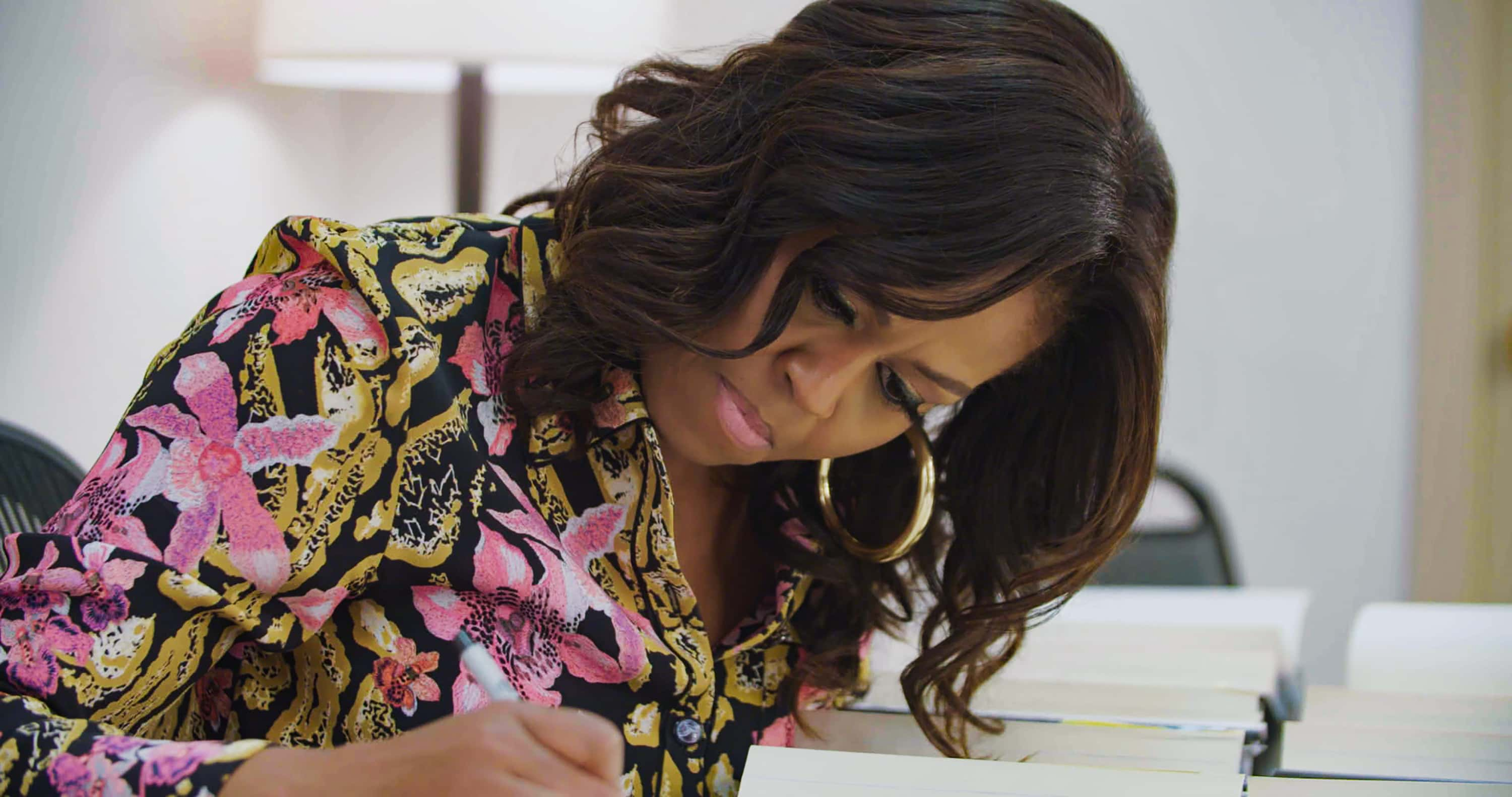
Michelle, even after becoming the first lady of the United States, had to face the realities of stark racism in the country. Her and Obama's journey toward the White House was riddled with racist attacks, with some equating her to a chimpanzee, and others claiming Obama was a Muslim Arab.
"Barack and I lived with an awareness that we ourselves were a provocation," she said, pointing out that she was a descendant of slaves. "Michael Brown, Tamir Rice, Freddy Gray, Eric Garner, Tavon Martin, Sandra Blond."
"When you see people gunned down because somebody was so afraid of a kid in a hoodie that they ended his life, so how were these people dealing with the fact that a black family was in — what they perceived to be — their White House? That's the America we live in."
"People have been taught to believe the ultimate inferiority of others because of the color of their skin. You hoped people would be more ready for us," Michelle said.
Netflix's documentary 'Becoming' premieres on May 6.

